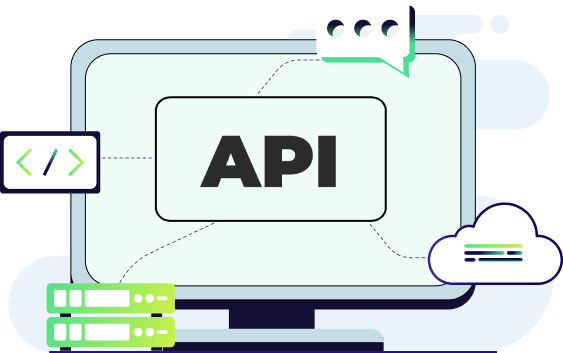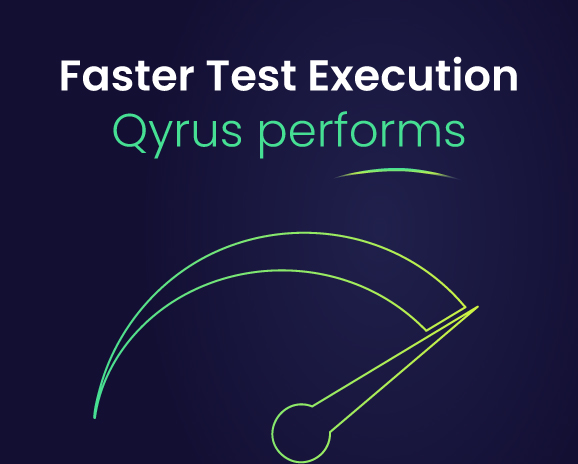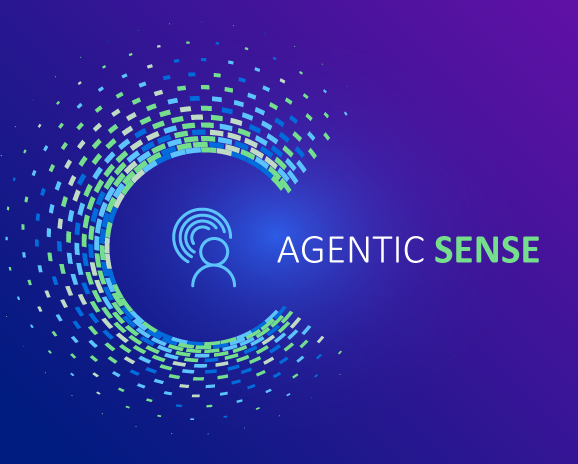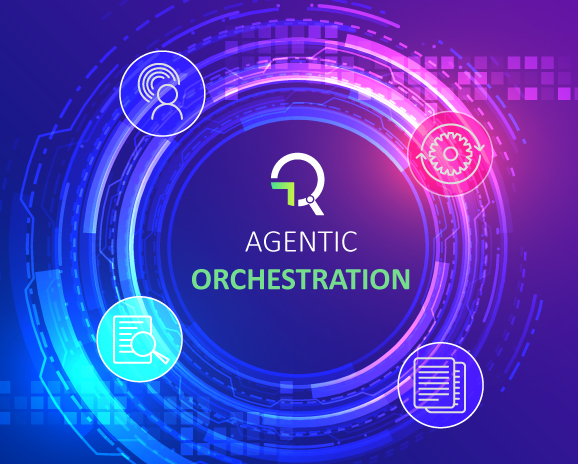Zero Complexity API Testing (Part I): Why API Test Services Should BePriority #1

Introduction: Empowering Teams with API Testing
Software applications are intricately interconnected these days, making the reliability and performance of APIs paramount. A single API glitch can disrupt an entire ecosystem, leading to financial losses, customer dissatisfaction, and reputational damage. On top of it, traditional API testing methods are time-consuming, complex, and error-prone.
To avoid such pitfalls, organizations are increasingly turning to API test services and end-to-end API testing tools. By ensuring API readiness, businesses can mitigate risks, streamline development processes, and deliver exceptional user experiences with innovative testing platforms like Qyrus.
The “Zero Complexity API Testing” is a 3-part blog series. This series highlights the vital importance of API testing, breaking down barriers with AI, and unlocking new possibilities in the future of API Testing.
- Part I: From Buggy Deployments to Seamless Operations – The Critical Role of API Testing
It explores real-world scenarios where API failures can lead to significant consequences, such as lost revenue, customer dissatisfaction, and reputational damage. It focuses on the importance of API testing and the struggles that UI teams face due to various challenges.
- Part II: Breaking Down Barriers with Qyrus
This part talks about how, by implementing Qyrus’ robust API testing strategies, organizations can proactively identify and address issues before they impact production environments. It talks about Qyrus AI capabilities and how one can go beyond functional testing with Qyrus and AI.
- Part III: Future of API Testing – Unlocking New Possibilities
It focuses on unlocking new possibilities with Qyrus API testing. How a well-strategized API testing journey can lead to new growth opportunities in an organization and deliver high-quality software
This blog also introduces Qyrus, a powerful end-to-end API testing platform designed to simplify and streamline API testing. Qyrus addresses the common challenges faced by testing teams, including technical complexity, time-consuming setups, and maintaining test cases. Through its innovative GenAI features, Qyrus empowers teams to effectively test their APIs, ensuring high-quality, reliable software and API readiness.
Watch this webinar on API Testing: ‘Upgrading API Testing Practices for Improved Testing Speed, Scale & Efficiency’
Part I: From Buggy Deployments to Seamless Operations – The Critical Role of API Testing
According to a study by Rapid API, more than 90% of executives indicated APIs as mission-critical. When APIs become crucial to a company’s operations, it is essential to prioritize comprehensive and effective end-to-end API testing.
Let’s look at the situation below, which could have been avoided if the company had opted for API test services.
A Critical Bug Discovered in Production
Meet Emily, a lead tester at a rapidly growing e-commerce company. Her team is responsible for ensuring that the website runs smoothly, from browsing products to making secure payments. The stakes are high: even a minor glitch can lead to lost sales and frustrated customers.
Recently, a critical bug slipped into production. Customers reporting that their orders were duplicated, causing confusion and frustration. Upon investigation, Emily’s team discovered that the root cause was a failure in the API responsible for processing payments. This API, which communicated with the payment gateway, was intermittently timing out and causing duplicate requests to be sent.
Had Emily’s team implemented thorough API testing, this bug could have been caught early. The incident was a wake-up call—API testing was not just an option; it was essential.
Below is why API Testing is critical.
- Ensures Functionality: Validates that the API performs as expected and handles requests correctly.
- Improves Reliability: Detects issues early in the development cycle, reducing the risk of failures in production.
- Enhances Security: Identifies vulnerabilities that could be exploited by malicious actors.
- Boosts Performance: Ensures that APIs can handle expected loads and provide optimal performance.
Challenges Faced by UI Testers Moving to API Testing
Despite its importance, many teams struggle with API testing due to various challenges, particularly those coming from a UI testing background:
- Technical Complexity: Traditional API testing tools often require advanced coding skills, which can be a barrier for testers without a strong programming background. The technical nature of traditional tools can also limit API testing to a small group of specialized testers, hindering collaboration and knowledge sharing within teams.
- Time-Consuming Setup: Setting up API tests often involves the manual configuration of numerous parameters, such as endpoints, headers, and payloads. This can be labor-intensive and time-consuming, detracting from other critical tasks.
- Maintaining Test Cases: As APIs evolve, keeping test cases up-to-date can be daunting. Managing multiple versions of test cases can be difficult, especially in large-scale projects, leading to confusion and inconsistencies.
- Integration with Other Tools: Integrating API testing tools with other tools in the testing ecosystem, such as test management platforms or continuous integration/continuous delivery (CI/CD) pipelines, can be challenging due to compatibility issues or proprietary formats. Data synchronization between API testing tools and other tools can be complex, especially when dealing with large datasets. These integration challenges can disrupt the smooth flow of the testing process, leading to inefficiencies and delays.
Emily knew she had to address this gap. APIs were the backbone of their platform, enabling communication between different systems and services. Without robust API testing, the integrity of their entire system was at risk. However, her team needed a solution that was easy to use, required minimal coding, and integrated seamlessly with their existing workflows. They needed Qyrus.
Sneak Peek into the Part II: Breaking Down Barriers with Qyrus
Emily has discovered Qyrus, a SaaS product designed to simplify API testing. Qyrus’ API test services offer a suite of features that address all the challenges her team faced, making API testing accessible and efficient for her team. In the next part, we’ll explore how Qyrus revolutionizes the API testing process with its innovative features, making it more accessible and efficient for all users.
Some of the features we’ll cover in the next blog are codeless testing of APIs, codeless assertions, data-driven testing, API chaining and data plumbing. Stay tuned for the next part!Try the Freemium version now to experience the power of fast and insightful API automation testing!





